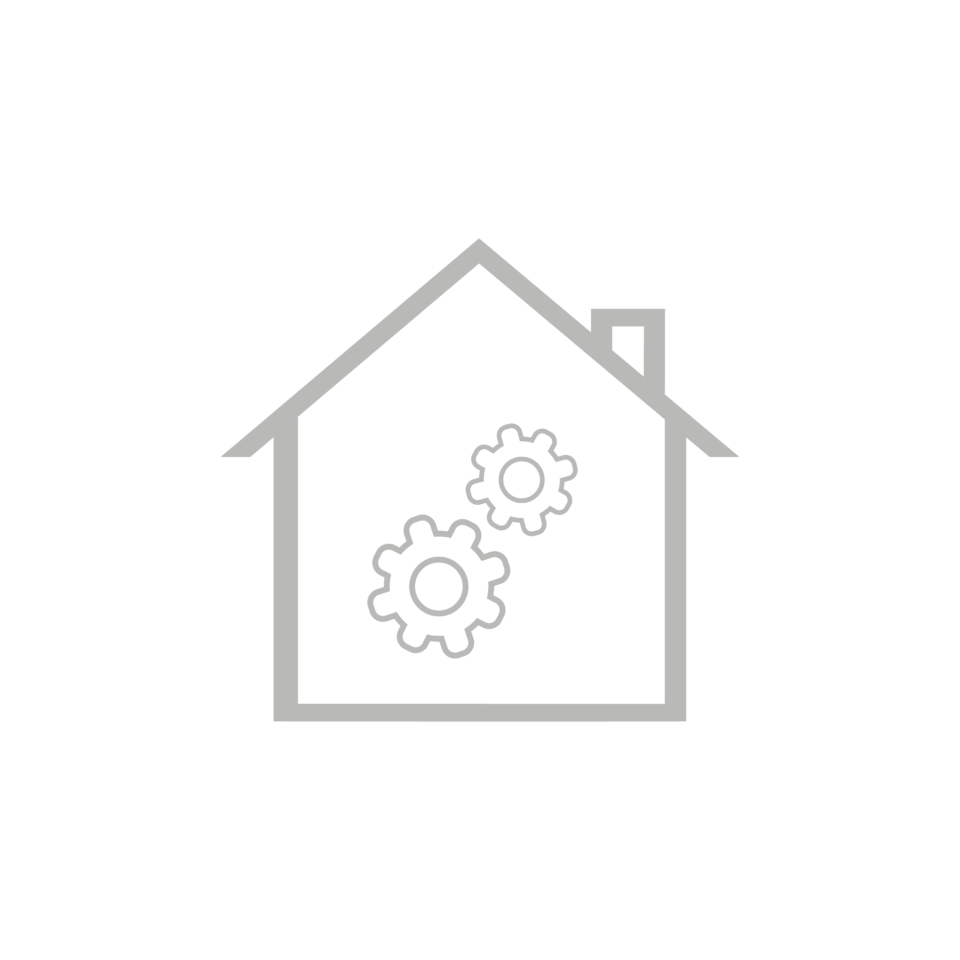What are the different taxes while renting out and who is paying them?
When you are renting out your property, you will have to deal with certain taxes. These will have to be divided between tenant and landlord. There are four taxes that are always brought to light: property tax, sewerage charge, waste collection tax and water authority tax.
The different taxes
Property tax (OZB in dutch) is a tax that you pay if you own immovable property. The value of the real estate is called the WOZ value. This also determines the level of the property tax. This tax is an official owner’s tax and may not be passed on to the tenant.
Sewerage charge is a tax that you pay for the removal of domestic water, drainage and storage of rainwater, the maintenance of groundwater levels and the costs for construction or management of sewerage.
Waste collection tax is used by the municipality to pay for the collection and processing of household waste. The waste collection tax is usually sent by the municipality in the first three months of the year.
Water authority tax is paid for the purification of wastewater and for maintenance of for example streams, ditches and dikes. This tax is twofold and consists of: ‘water system levy residents’ and ‘purification levy living space’. Here, ‘water system levy for residents’ is a fixed amount per year per household and ‘purification levy for living space’ is a fixed amount per year per pollution unit.
Who pays what?
Although waste collection tax and water authority tax are taxes for users, we almost always include this in the rent. We almost always include gas, water, electricity and the additional taxes in the rent, when renting out a furnished home aimed at expats and international students. We therefore recommend fully including rental and provide a rental price in which these costs are partly passed on. This also provides a service to the tenants, because arranging and paying for these items themselves is often difficult due to the many changes in tenants (and most of the taxes are billed annually). When you focus on tenants who want to rent for a year or longer, there is a possibility to have this paid by tenants of course.
When you choose to rent out an unfurnished apartment you can choose to rent out excluding gas, water and electricity. You can of course do this without additional taxes. When you choose to rent out your apartment unfurnished, you choose to focus on a less profitable market: the Dutch market.
Related posts

What are the different taxes while renting out and who is paying them?
14 February 2019
When you are renting out your property, you will have to deal with certain taxes. These…

Maintenance, who fixes what?
06 December 2018
What does maintenance actually consist of and who has to pay for it? These questions will…

Do I have to furnish my property?
16 October 2018
At Loftly our focus is on furnished homes. Furnished letting makes the house more attractive for…

How are tenants screened?
16 October 2018
In the real estate world it is sometimes said: ‘Rather not rented out at all, then…

What are the most important facilities in an apartment?
16 October 2018
For renting out your apartment it is ideal to have as many facilities as possible. This…

How does the rent increase work in the private rented sector?
08 October 2018
Do you have a home with a liberalized rental contract (also called private rental sector)? Then…

What is sustainable renting?
19 April 2018
Energy-efficient renting has its advantages. Not only for the tenant, but also for the landlord. A…

How does the rental process work at Loftly?
09 April 2018
First of all, our rental agent starts with ‘recording’ the house through an introductory meeting. This…